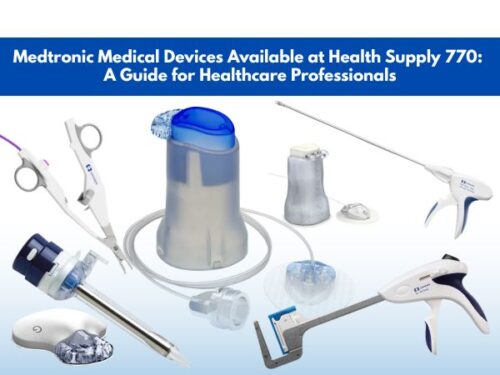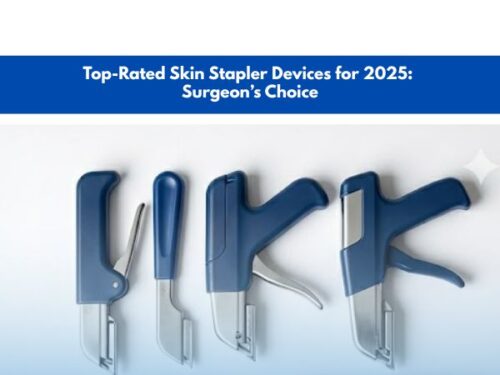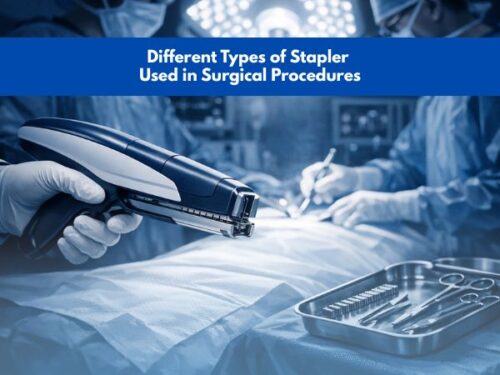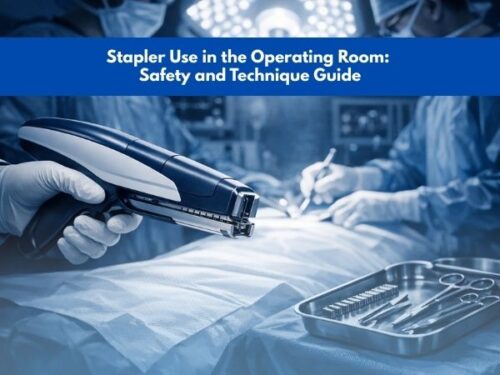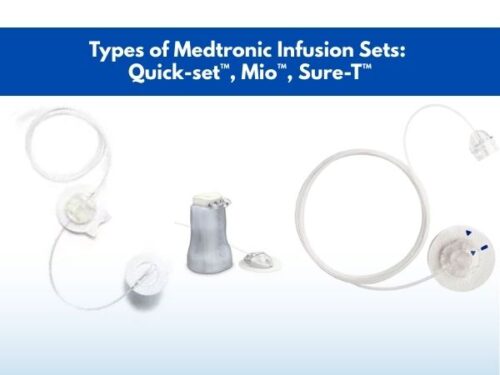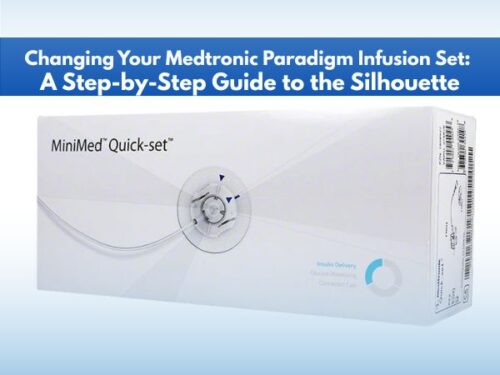Understanding the Different Types of Dental Autoclave Sterilizers
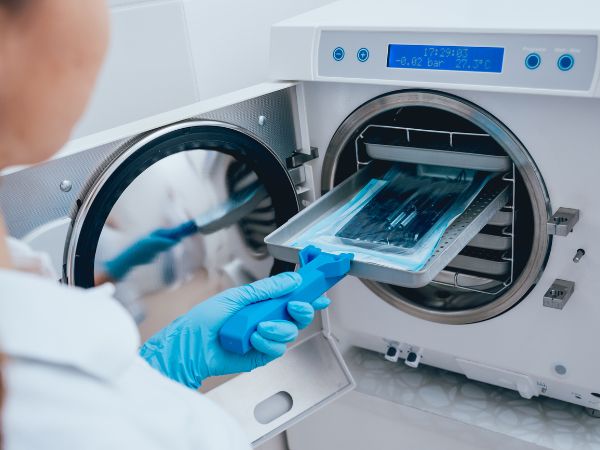
Have you ever had a dental inspection? If yes, you must have noticed that in dental clinics, the tools that are used for examining the patient’s teeth are made up of stainless steel. This means these are there to last and are not disposable. This brings us to the question of how dentists clean and sterilize these instruments after every use to prevent infections. The answer is simple and involves the use of dental autoclave sterilizers. These are the devices that make the dental instruments free from germs and thus allow the reuse of equipment without risks.
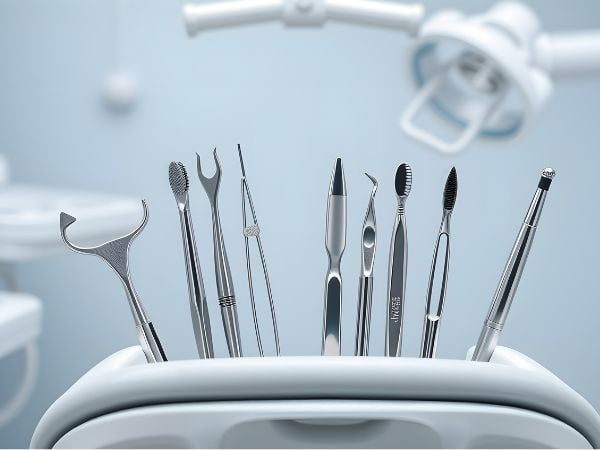
As autoclave dental sterilizers are of different types, let us go through them in detail and discuss their features as well as specifications.
An Introduction to Dental Autoclave Sterilizers
Dental autoclave sterilizers are the steam sterilizers which are employed to sanitize dental equipment in the dental clinics. These are just like other steam sterilizers and work by generating highly pressurized steam which penetrates deeper into the instruments and kills microbes. As the steam does not leave porous or curved surfaces unsterilized, the equipment is guaranteed to be free from germs once the sterilization cycle is complete.
Dental Items to be Sterilized
According to the Centers for Disease Control and Prevention (CDC), in dental clinics, all the items that are to be sterilized or cleaned are divided into three categories:
· Critical Items
Critical items include devices that are used to penetrate deeper into the bones or soft tissues. These include surgical instruments as well as periodontal scalers. With these products, there is always a higher risk of infections so the requirement is to sterilize them using heat after every use.
· Semi-Critical Items
Semi-critical items are those which come into contact with non-intact tissue and mucous membranes of the oral cavity. These include reusable dental impression trays, amalgam condensers, mouth mirrors, etc.
The risk of infection with these items is also significant. Therefore, the CDC recommends heat sterilizing them after every use. In the case of heat-sensitive semi-critical devices, the minimum that needs to be done is the employment of high-level disinfectants to clean the products. Moreover, it is also advised to replace heat-sensitive devices with heat-resistant ones.
· Non-Critical Items
Non-critical dental items include those that only come into contact with intact skin and thus pose the minimum risk of infection. Items such as radiograph head/cone, facebow, and blood pressure cuff come into this category. As the infection risk is not high, these can only be cleaned with an EPA-registered disinfectant and there is no need to subject them to sterilization.
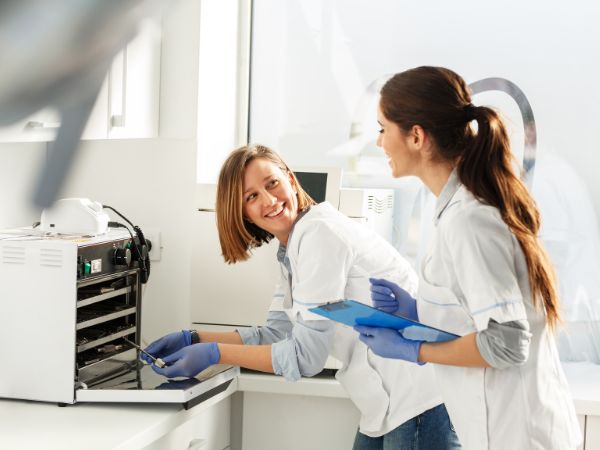
Types of Autoclave Sterilizers
Based on their ability to sterilize certain items, the autoclave sterilizers can be divided into three classes:
1. Class N Dental Autoclave Sterilizers
Class N autoclave sterilizers are ideal for the sterilization of items that have a simple design and are flat. These include items like scalpels, etc. Despite their efficient performance, the class N autoclave sterilizers are not considered suitable for dental instruments.
This is because most dental products have pores or holes in them which cannot be thoroughly cleaned with these autoclaves. These N autoclave sterilizers are named ‘Naked’ sterilizers as they are employed for sterilizing solid products that are unwrapped. These are not equipped with vacuum pumps.
2. Class S Dental Autoclave Sterilizers
Class S autoclave sterilizers are superior to class N sterilizers in many ways. The sterilization process carried out by them is highly effective and covers almost all the products even with complicated designs. Their single-stage pre-vacuum renders them more effective than Class N autoclave sterilizers.
However, these types of autoclave sterilizers are not suitable for sterilizing textile materials. Hence, these can be employed for some dental products but not for all. Class S sterilizers are also suitable for wrapped single-packed as well as multi-packed items.
3. Class B Dental Autoclaves
Class B autoclave sterilizers are most suitable for sterilizing dental products. Items such as textiles, utensils with cannulas, porous or curved products, as well as packaged materials can easily be sterilized using this type of sterilizer. All of this discussion has been summarized in the following table:
| Class of Autoclave Sterilizer | Ideal Use | Limitations | Suitability Facilities for Employment |
| Class N (Naked Sterilizers) | Unwrapped solid goods without intricate patterns and designs | Not suitable for instruments that are wrapped and have pores and internal channels | Dental clinics Beauty salons |
| Class S (Special Sterilizers) | Wrapped items as well as textile materials | Not ideal for porous or complicated instruments | Dental facilities Clinics Hospitals Laboratories |
| Class B (Big/small Sterilizers) | Advanced surgical instruments, wrapped goods, textile materials | Maintenance requirements are high which renders the process expensive | Dental facilities Clinics Hospitals Laboratories |
What to Look for in a Dental Autoclave Sterilizer?
When purchasing dental autoclave sterilizers, the following features and specifications should be sought in the device:
· Reliable sanitization capacity
· Spacious internal chamber to fit the everyday use of dental instruments
· Effective drying cycle after the sterilization is complete
· Temperature control feature
· Proven error-free processing
To achieve the best results, Class B dental autoclave sterilizers should be preferred. In addition, the following parameters must also be evaluated before making a purchase:
· Sterilization cycle time
· Drying time
· Load capacity with special reference to the maximum load that can be held
· Cost of the device

Bottom Line
In dental facilities, all the instruments need to be thoroughly cleaned and sterilized after every use in order to make them free from germs. In this regard, the employment of dental autoclave sterilizers becomes a necessity.
These dental autoclave sterilizers come in different types all of which have different features and thus varying utilization. While buying a dental autoclave sterilizer for your dental facility, it is best to go through all the features of the autoclaves. As a tip, it is advised to go for a Class B dental autoclave sterilizer as these work best in dental clinics.
In this regard, for purchasing different kinds of dental autoclave sterilizers, reliable vendors like Health Supply 770 should be approached. They ensure the provision of quality products along with satisfactory services.
References
https://www.cdc.gov/dental-infection-control/hcp/summary/sterilization-disinfection.html
